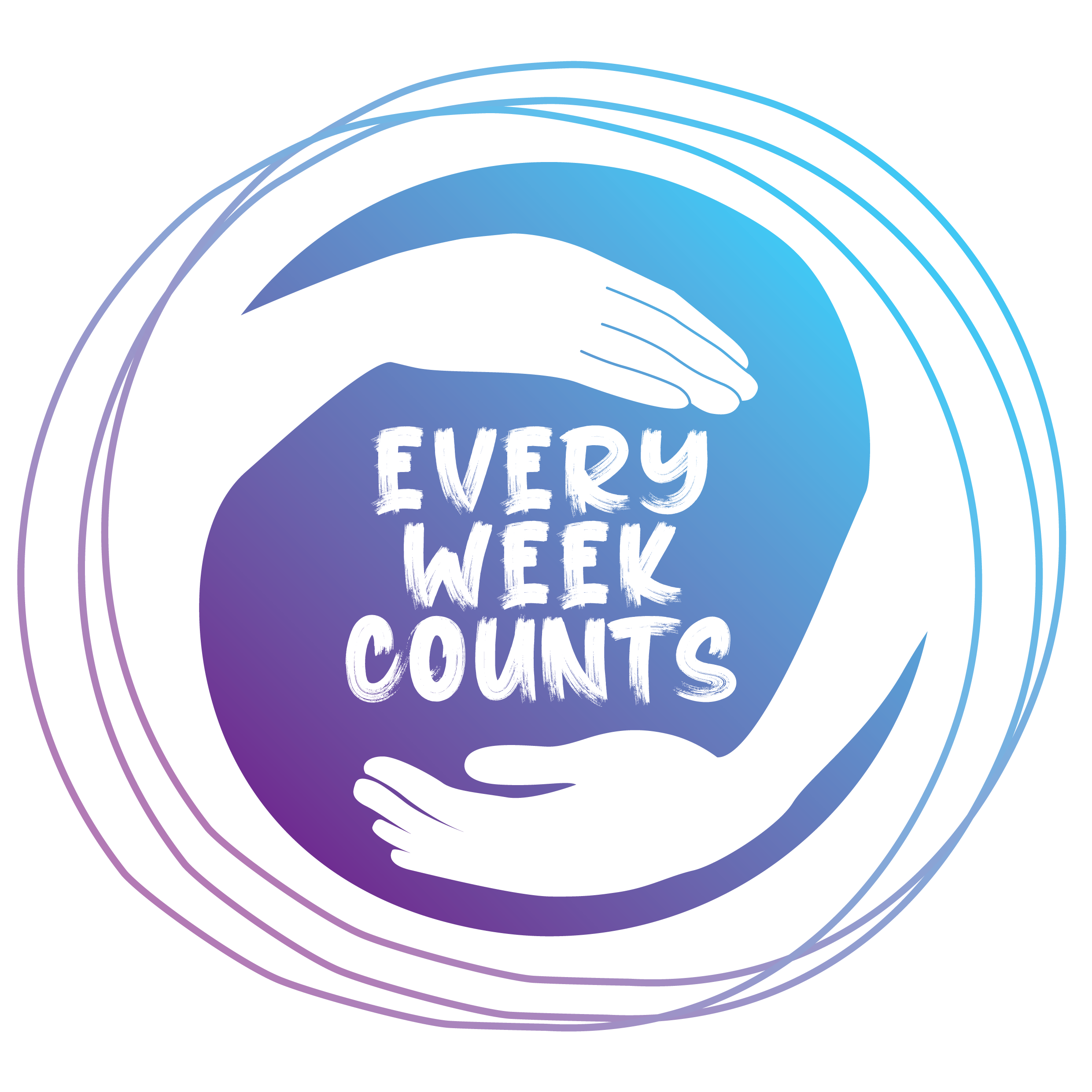

Every Week Counts is an initiative established to empower women to make informed decisions around their pregnancy and birth.
Read some real, powerful stories of women’s & families’ pregnancy and birth experiences.

Through research we’re discovering that every week your baby continues to grow inside you makes a difference to their short and long term health outcomes.
So the timing of your baby’s birth is important.

Information and resources to empower and support you in your pregnancy. With some helpful information on the last few weeks of pregnancy, information for clinicians and resources from a wide range of health services and hospitals.
We recognise Aboriginal & Torres Strait Islander People as the traditional custodians of the lands on which we live and work and acknowledge that sovereignty of the land we call Australia has never been ceded. We commit to listening to and learning from Aboriginal and Torres Strait Islander people about how we can improve experiences & outcomes of healthcare for Aboriginal & Torres Strait Islander children and young people, their families & communities.
We acknowledge Māori as tangata whenua (original inhabitants) and Treaty of Waitangi partners in Aotearoa New Zealand. We recognise the tikanga (customary practices) of Maori and support their right to tino rangatiratanga (sovereignty). We commit to listening to and learning from Māori people about how we can improve experiences & outcomes of healthcare for Māori children and young people, their families & communities.